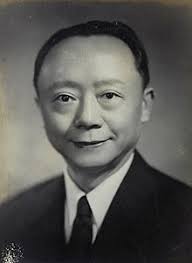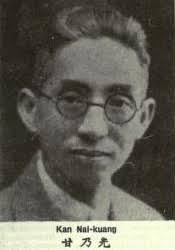Ho Hsiang-ning (1880-), the wife of Liao Chung-k'ai (q.v.), was the first woman to join the T'ung-meng-hui (1905). A member of the Kuomintang's Central Executive Committee (1926-31), she left the party and helped to found the Kuomintang Revolutionary Committee. She served the Central People's Government as chairman of the Overseas Chinese Affairs Commission (1949-59). Although […]












